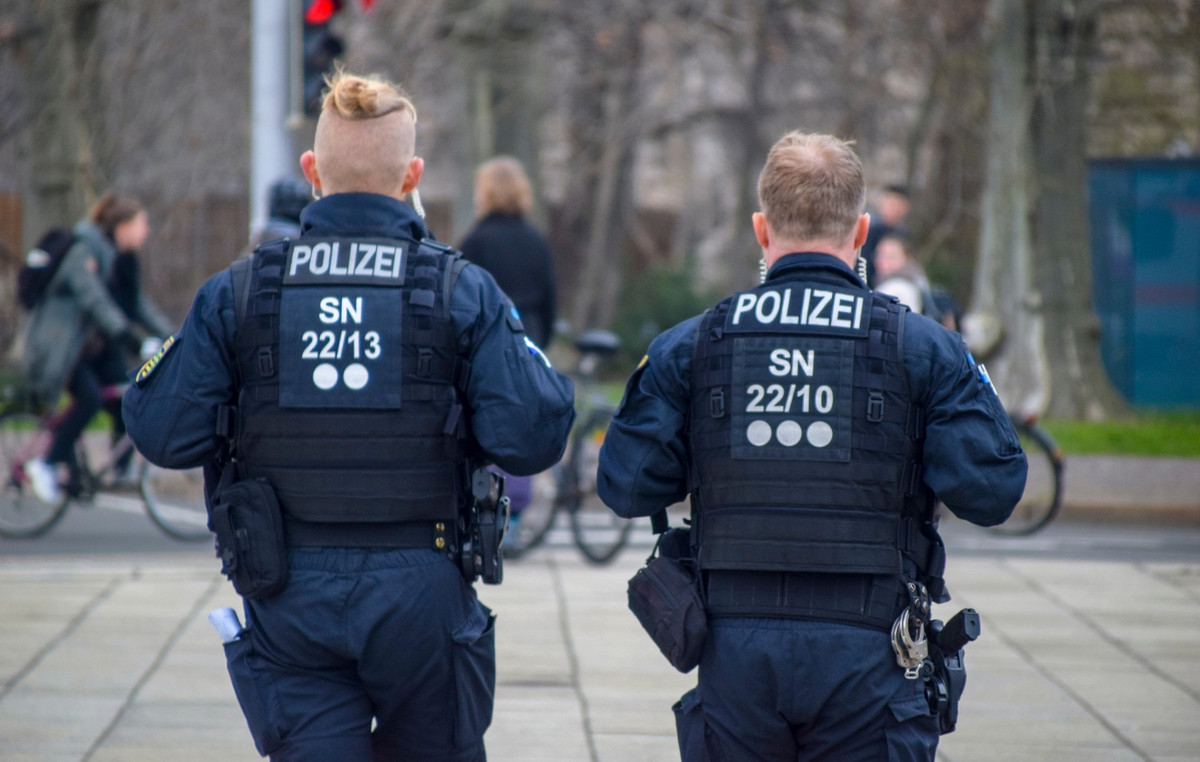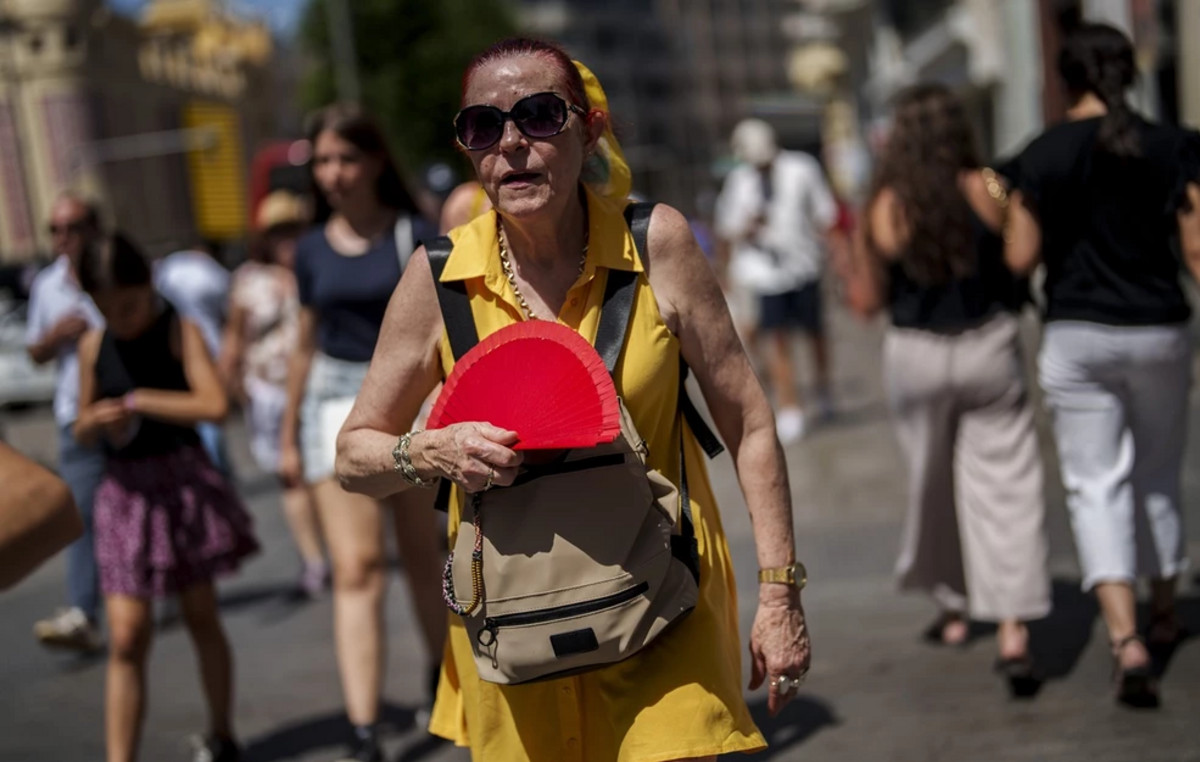The rift between the G20 countries over the war in Ukraine will create a major diplomatic challenge for Brazil, which will preside over the bloc for the first time in 2024.
The group of the world’s largest economies arrives at its Leaders’ Summit, which will take place between the 9th and 10th of September, in New Delhi, India, completely divided.
Video — G20 meets next week with Putin and Xi Jinping absent
data-youtube-width=”500px” data-youtube-height=”281px” data-youtube-ui=”international” data-youtube-play=”” data-youtube-mute=”0″ data-youtube-id= “d_iGDvc2CS0”
On the one hand, the G7 countries, the great liberal democracies led by the United States, advocate new sanctions and condemnations against Russia – which vetoes discussions and decisions in this regard within the bloc, with the increasingly enthusiastic support of China.
This division has already spoiled the last such meeting, held in November last year in Bali, Indonesia, when the countries failed to reach a final declaration and there was not even time for the traditional joint photo of the leaders.
The same problem strongly threatens the meeting in the Indian capital.
President Vladimir Putin has said he will not attend the event – even though he does not risk being arrested, as India does not recognize the International Criminal Court (ICC), which issued an arrest warrant against the Russian leader for war crimes.
The head of the Russian delegation, the Minister of Foreign Affairs, Serguei Lavrov, has already anticipated that he will veto any joint communiqué that does not meet the Kremlin’s demands.
If he keeps his word, this will be the second summit without an official final document.
The president of China, the almighty Xi Jinping, has not yet fully confirmed, but he is also expected to boycott the event, taking away part of the prestige of host India – the Chinese’s regional rival.
While there is still time, this deep rift should also have an impact on the summit that will be organized by Brazil, probably in mid-November 2024, in Rio de Janeiro.
This is because the effects of divisions, exacerbated by the war, will persist even if the conflict comes to an end next year.
Furthermore, even after hostilities are over, various aspects will have to be discussed in forums such as the G20 – regardless of who wins on the battlefield.
And that threatens to hijack part of Itamaraty’s diplomatic initiatives for the Brazilian summit.
War distorts the agenda
Leading the group of the largest economies in the world gives the host country a major role in the geopolitical scenario, with the opportunity to propose discussions and possible solutions to important issues on its diplomatic agenda.
This is what Brazil will try to do when it inherits the presidency of India.
According to CNN As learned from sources at the Itamaraty, President Luiz Inácio Lula da Silva (PT) has already chosen three subjects as priorities for the Brazilian leadership of the group:
- Combating inequalities in the world, including social, income and gender inequalities;
- Tackling climate change, preserving the environment and seeking support for a more effective global transition to clean energy;
- The defense of profound reforms in global governance systems, such as the International Monetary Fund (IMF), the UN and its Security Council.
These agendas, however, will inevitably have to make room for disputes between the sides directly or indirectly involved in the biggest armed conflict in Europe since the Second World War.
A Brazilian ambassador told CNN that the Itamaraty is fully aware of the complexity and additional responsibility that the division of the bloc and the conflict in Europe will impose on the Brazilian Presidency.
He recalls that the summit in Bali itself, the first after the outbreak of war, even ran the risk of being postponed.
It is hoped that this will not happen in the Brazilian case, but it is necessary to understand, he says, that the war has its own logic and that the presidency of the G20, being occupied by any country, would have little influence on its resolution.
A second diplomat, linked to discussions about the group, recalls a more optimistic aspect.
According to him, Brazil may even have an opportunity to expand its international space if it manages to use the summit to reduce the differences between the member countries.
This, obviously, will depend on the situation of the conflict at the time of the Rio de Janeiro summit. But the diplomat recalls that Brazil is “a country that is friendly to all the others in the group”.
In fact, Brazil has excellent relations with everyone. And this could be an important asset in the midst of the challenges that our diplomacy will face when hosting one of the most relevant summits in recent decades in the country.
Source: CNN Brasil
Bruce Belcher is a seasoned author with over 5 years of experience in world news. He writes for online news websites and provides in-depth analysis on the world stock market. Bruce is known for his insightful perspectives and commitment to keeping the public informed.







